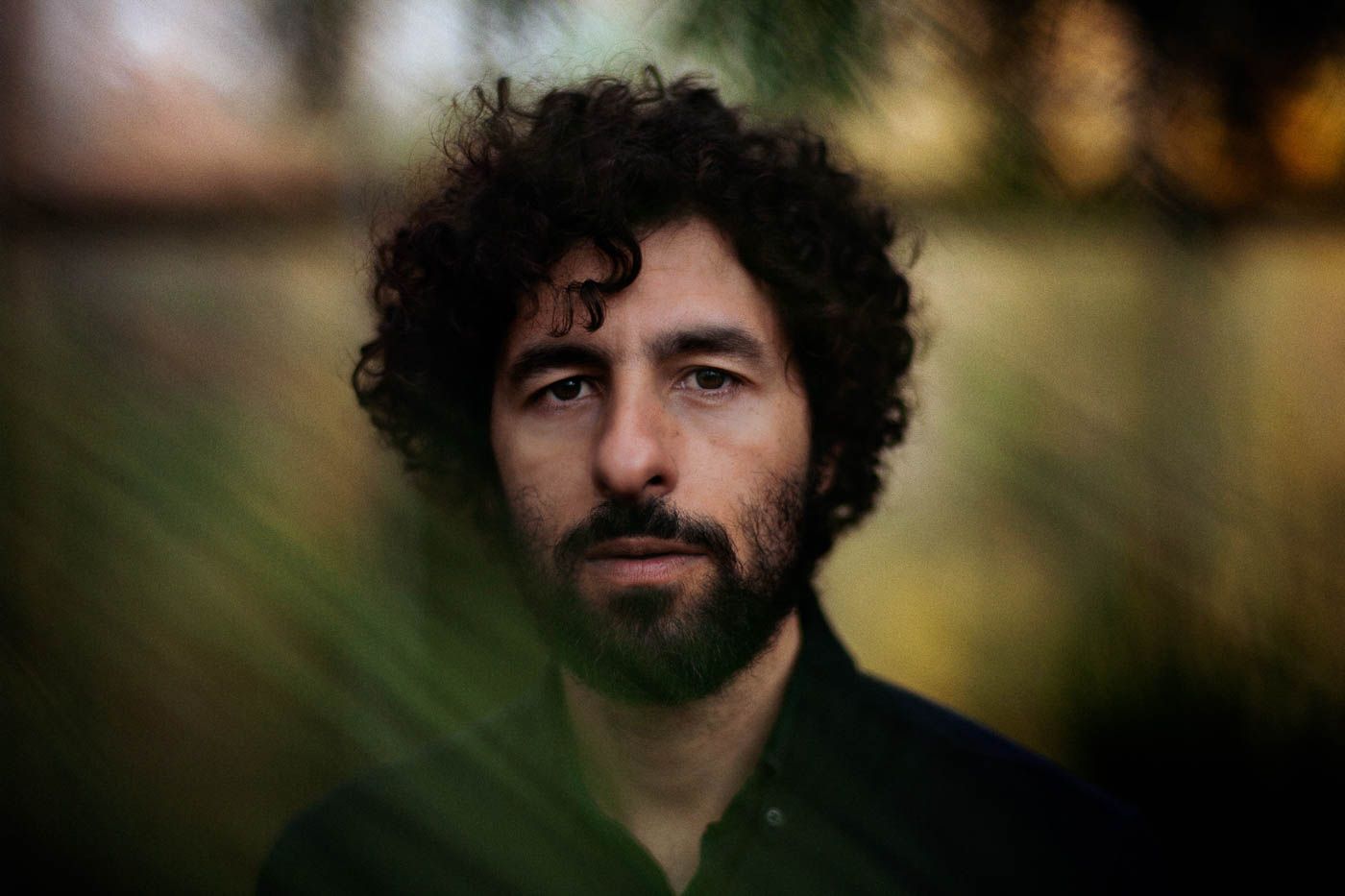Josè González. The acoustics of two worlds.
Leggi questo articolo in Italiano qui
The Swedish singer-songwriter and guitarist of Argentinian ancestry Josè González participated to the Percuotere la Mente festival last August 3rd in Rimini. González’s style is one of the most recognisable of the indie-rock scene, thanks to that acoustic sound that characterises his albums, including his latest Local Valley, where the melodies get enriched by lyrics sang in English, Swedish and for the first time in Argentinian Spanish, the language of his parents. Very different roots and cultures, the Argentinian and the Spanish one, that meet up in the music of this mindful and passionate artist we got to know better thought this interview.
On August 3rd, you took part to Percuotere la Mente 2022, a festival in Rimini with a tradition of hosting artists that pick people’s mind (note: Percuotere la Mente can be loosely translated as “Shaking the Mind”). Is there any particular reason that made you accept to take part to this festival, maybe related to the meaning of the festival name?
“Didn’t know about the meaning, but now that I know I’m glad they invited me! The last couple of records I’ve been aiming at writing lyrics that make people think differently – if they want :)”
What would “shaking the mind” mean to you?
“I guess exposing yourself to new ideas or perspectives and allowing yourself to think differently.”
Have you any expectation by playing in Italy, in front of an Italian crowd?
“Not that different to other summer crowds. But I am very excited though to play in Italy since I haven’t played that often compared to other European countries.”
You were born in Sweden, but to Argentine parents who left their homeland as political activists. What did it mean to you to grow up in a Swedish mindset and at the same time live the cultural and social background of your family?
“I’ve felt like it’s been great to have a mixed background and since I’ve lived in Gothenburg Sweden all my life I feel more Swedish than anything else. When I’m in Argentina I feel like a visitor but I’m sure that would change if I only spent more time there. I have a slight Mendozinian accent with some words that were popular in the 70’s.”
Has your music been affected from this and if so, how?
“I think my music has been affected by many things, some deliberate and some without thinking. I studied Spanish classical guitar, I learnt to sing and play through Beatles and bossa nova. And when I started to write my own songs I was heavily influenced by Silvio Rodriguez from Cuba. Around the time when I was collecting songs for my first album I was into singer-songwriter artists from UK and US – music that I listened to with my friends. So the songs were influenced by many styles and I wanted the album to be different from the other artists that were popular in Sweden at the time. I think my varied background helped me find my own mosaic style.”
What, in your opinion, should be the role of the artist during these times of wars, economic crises, and quite often super fast and superficial social interactions?
“The role of the artist and art in general is to be whatever the artist want it to be. There’s always room for different aims and ambitions. Some can be aesthetically pleasing and some the opposite. Some can be political and some simply out for mindless entertainment. Maybe the only thing to have in mind is how an artist uses their platform. The bigger the platform the more responsibility to not disinform or to stir hatred.”
You play your guitar using fingerpicking, a style that is no longer widespread, while many musicians use more digital sounds every day. Do you think that in the future music will be more and more synthetic?
“I don’t have clue of how the future will be. It’s been really fun to hear AI write Bach and Beatles and I look forward to see ABBA avatars but I’m a fan of the artisanal aspect of hearing and seeing people play acoustic instruments. I’m sure future AI’s and virtual experiences can take any kind of taste into account in the long future though.”
In Local Valley, your latest project released in 2021, you sing some songs in Argentinian Spanish-– the language of your parents – for the first time. Why did you decide to do so?
“I tried with my previous album but got stuck and switched to English. This time not so – it actually felt easy and fun! Maybe my ambition to impress my kids helped me.”
Let’s talk about Visions, one of the songs from Local Valley. Towards the end of the song you say “No, we can’t know for sure what’s next /But that we’re in this together/We are here together “, as if to reassure the listener that even if the future is uncertain, being united will give us the strength to overcome it. Where does this reflection of yours come from?
“I seldom think my own thoughts. I try to lean on better and more informed thinkers. There’s a couple of places where I find interesting thinkers: The Long Now, Edge.org and the Effective Altruism community. They point toward challenges that need global collective action and collaboration: Ecological Crisis, Nuclear Weapons, Synthetic Biology, Misaligned Artificial Intelligence. But they also point toward the amazing things we have accomplished and can accomplish in possible futures. Resting on a humanist outlook I’m also thinking that we can’t rely on anything else than this life we have – after birth and before death.”
Local Valley is a look at the world filtered by love, art and reason. What is love for you?
“Just an evolutionary by product of electro-chemical firing of neurons to copy our genes. No, just kidding ;)”
Alma Marlia
Editing and translation: Francesca Garattoni
